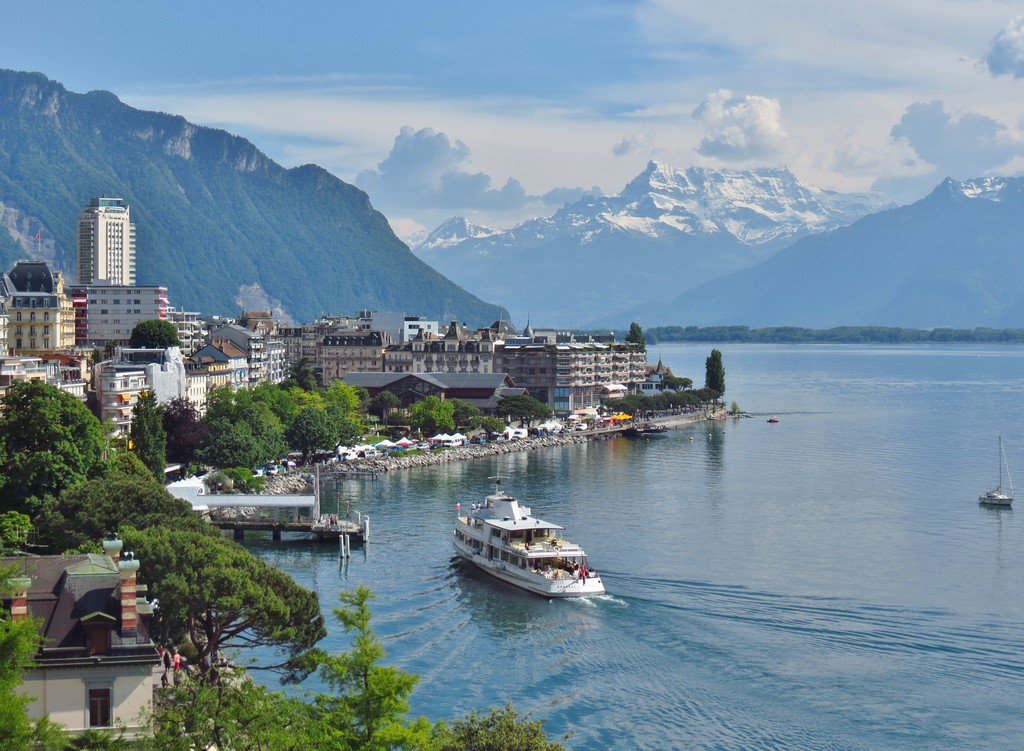The Swiss city of Montreux is sandwiched between the shores of Lake Geneva and the spurs of the Alps, which creates an amazing climate oasis for the city, its people and guests. It is not hot here in summer, and not cold in winter. On the embankment, you can even admire palm trees, growing as if on the southern coast of the Mediterranean Sea.
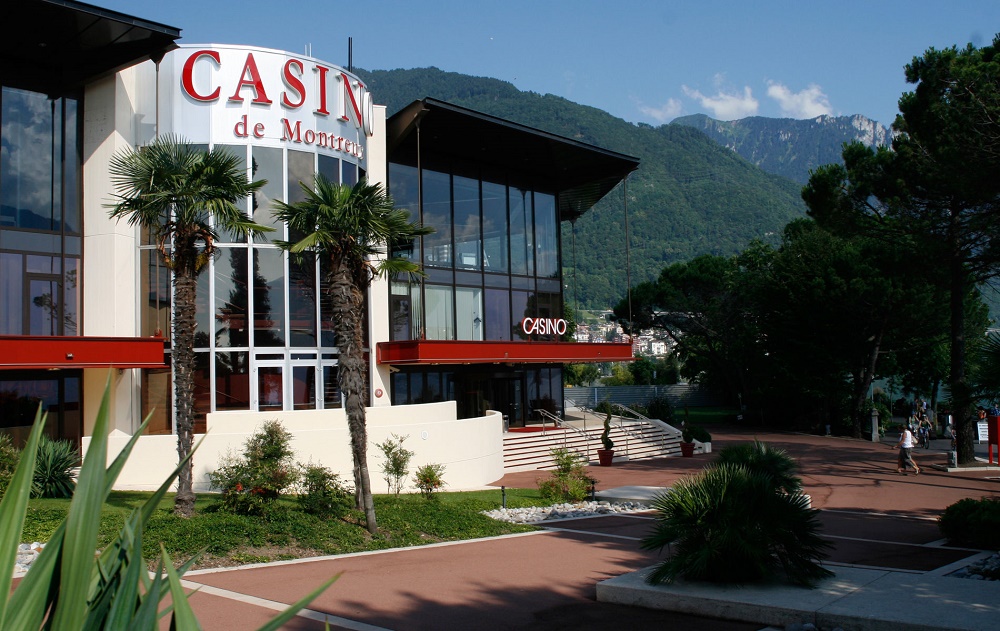
In the famous Montreux casino, you can win or lose a fortune. The casino administration undertakes to buy a plane ticket for any person who loses such an amount - to any place in the world. But Montreux is famous not only for this. This city is famous not only for luxury hotels built in the classic Parisian style of the early last century, cozy harbors, numerous restaurants and bars. And not only for train No. 90 that takes you from Geneva to the city exactly for 59 minutes (!). We emphasize - not for an hour or 55 minutes, not for an hour and ten minutes or ‘about an hour’, but exactly for 59 minutes. This time is indicated in the train timetable, and the train really runs to timetable. Two stops - in Lausanne and Vevey - and you are in Montreux. They arrive and depart on time - on the tick. This train can be considered a symbol of the Swiss punctuality and precision.
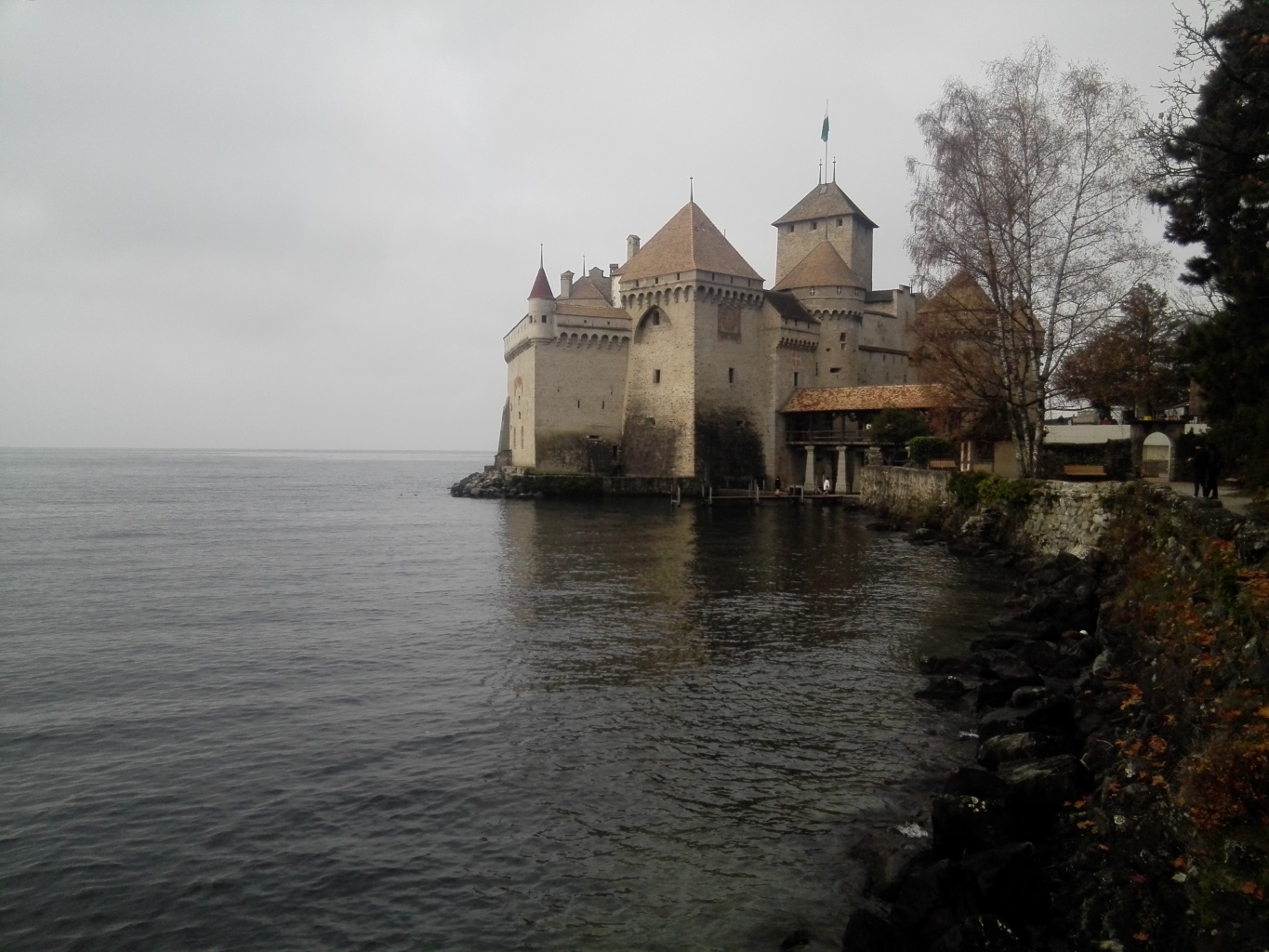
The main historical attraction in Montreux is the ancient, 12th century fortress – the Chillon Castle (Château de Chillon) with its casemates, stone cellars with barrels of wine, halls decorated with medieval paintings, wooden galleries from which the castle’s defenders once repelled the attacks of the royal guards, climbed up to the towers - to the cast-iron cannons that were aimed at the Alps and the lake guarding the fortress against invaders.
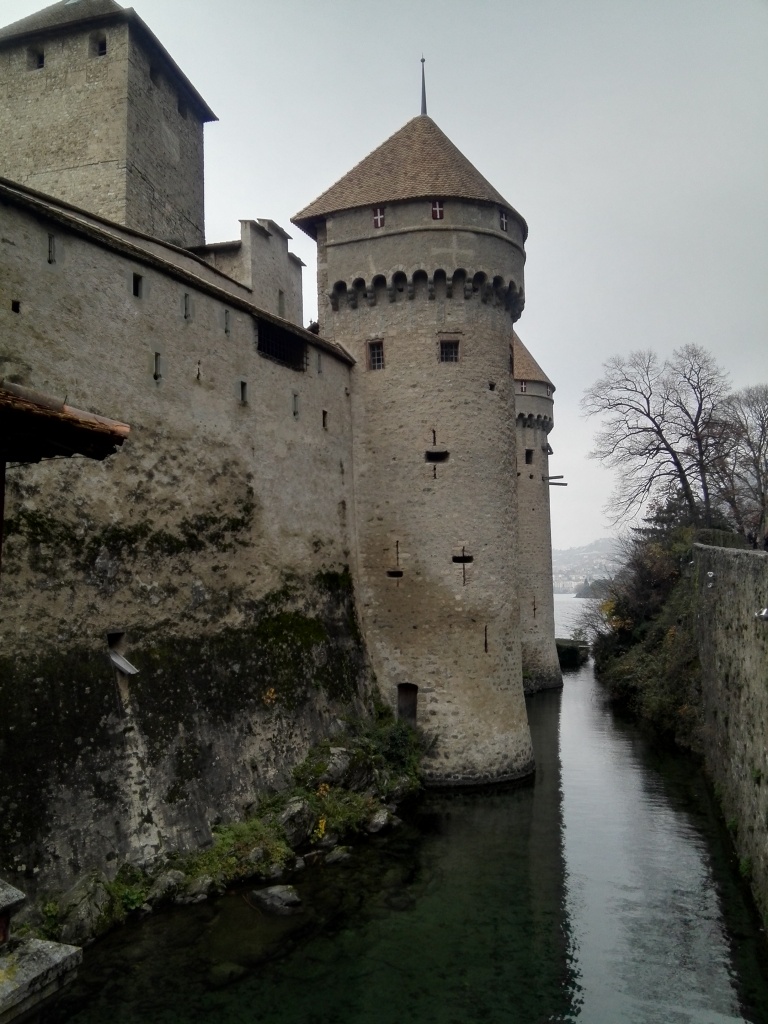
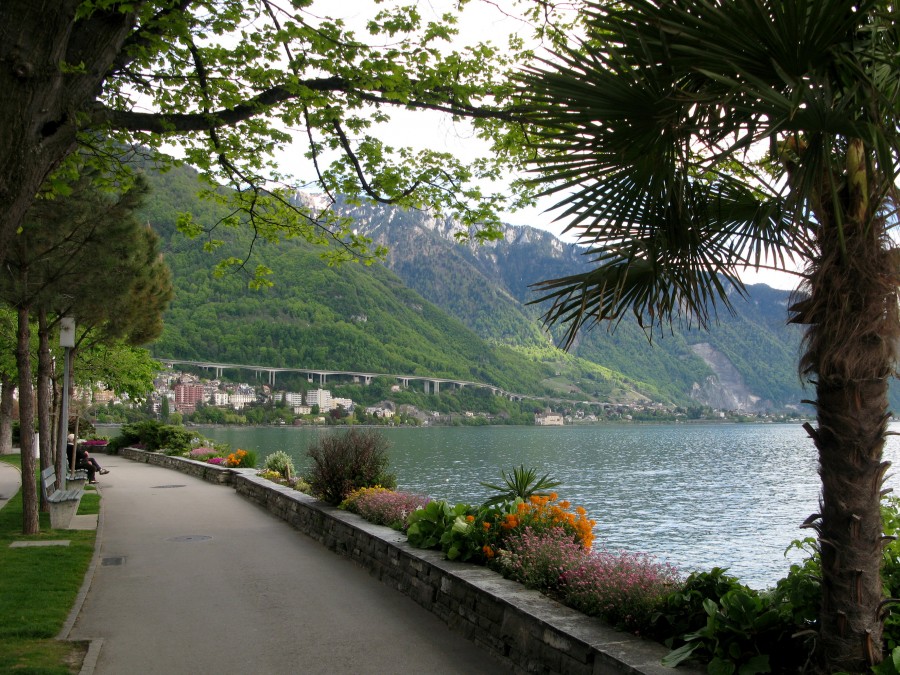
On the shady Montreux embankment, under the fancily trimmed plane trees, the most motley crowd walked at all times.
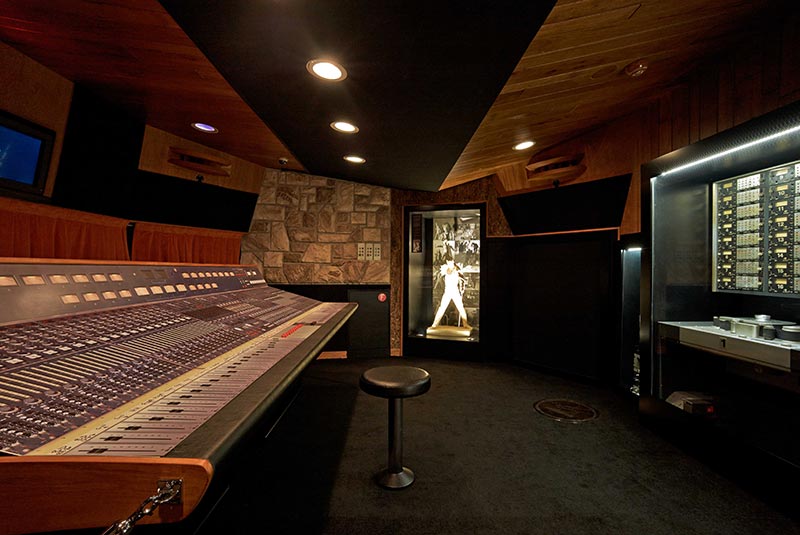
Once, some fifty metres from the promenade in the sound studio opened in 1979, the famous rock band Queen was recorded. Today, the museum is located here, by the way, the entrance is free of charge. Everything remained in it as it was in those not very distant times - musical instruments, the costumes of the stars that were part of the rock band, and even the sound mixing desk used by the iconic Freddie Mercury to record his musical pieces. The sculpture of Freddy with his right hand raised in ecstasy is at the very water's edge of Lake Geneva. His fans put a lot of fresh flowers to his monument, leave their notes and Christmas cards with congratulations at the singer’s feet.
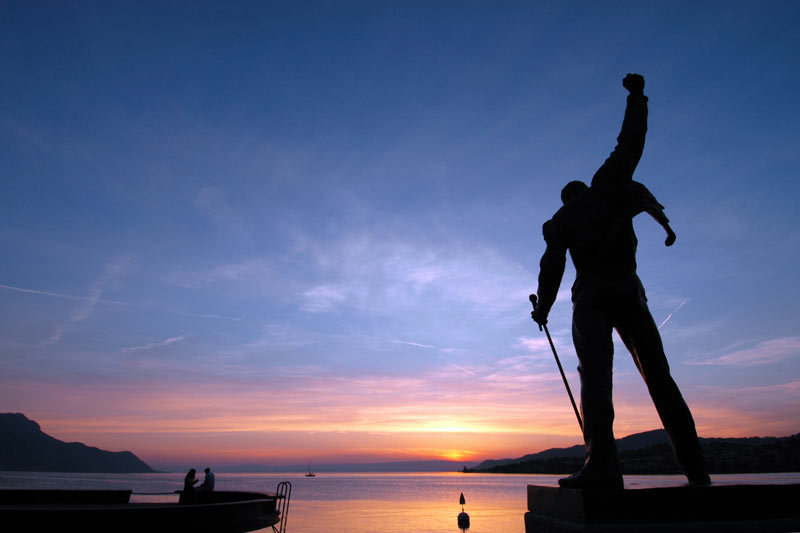
These picturesque places played an important role in the lives of many extraordinary personalities. But for the Russians, Montreux is more than the city of Montreux. This is especially true for writers. But it’s strange - we’ll probably not find a truly fitting description of these places written in Russian. ‘Picturesque’, ‘poetic’, ‘beautiful’, ‘decoration’ ... Surprisingly, this city - the Beauty reified - is difficult to describe exactly and vividly!
Nikolai Karamzin opened the great Russian cohorts, wizards at writing, who left their notes about their time on Lake Geneva. He spent five months in Geneva and its environs (1789-1790), but he starts his description with a boring exclamation “So, I’m already in Switzerland, in a country of picturesque nature ... What places! What places!” Indeed, the place is beautiful. And for good reason, they are still considered a health resort, Karamzin checked it by own experience “It seems that the local air has something revitalizing - my breathing became easier and even, my body straightened up ...” The author of ‘Poor Liza’ told also about the meals "They say that in Switzerland, they generally eat more than in other lands, and attribute this to the local fresh air." Everything is so, they are excellent at cooking here. He was indignant at street beggars, and also at the ‘extremely stupid and ridiculous’ inscriptions on some Swiss houses. For example, ‘Lord, save us from fire at night, because this house is called a patient sheep’. Or even worse, ‘Trust in God with your own mind, for this house is called a black pig’.
(Karamzin urged mankind not to play the fool.) He noted the cities of Vevey and Claran lying very close to Montreux ‘on the shore of the most beautiful lake in the world’ - Lake Geneva.
As for the rest, Karamzin had only ‘tears of happiness’ in the ‘lap of nature’, ‘cheerful villagers’ and other pastoral idyll - this was how he remembered Switzerland. And only when saying goodbye to this land, he wrote the beautiful words "May their republic be a wonderful plaything on the globe for many years to come". These and other beautiful lines can be found in the ‘Letters of a Russian Traveler’ that Karamzin wrote inspired by his trip, among other things, across Switzerland.
Vasily Zhukovsky was the next famous Russian in these places - he accompanied the Empress Aleksandra Fyodorovna (wife of Nikolai I) on her trip and he arrived here in 1821. And the same - “My house is in a poetic place, on the very shore of Lake Geneva, on the edge of the Simplon road ...” Vasily Andreyevich loved Switzerland and Europe in general so much that he came here again in the 1830s - for treatment. And on his first visit, he was in the Chillon Castle, entered into the spirit of it, and immediately set about translating Byron's ‘The Prisoner of Chillon’.
Following Zhukovsky, Gogol was in Switzerland. Nikolai V. Gogol was a man of humor; he wandered – literally - the trail of Zhukovsky, about which he wrote to him in letters, and he also visited the Castle, “even scratched his name with Russian letters in the Chillon stone dungeon” (vandal!). “At first, I was a little bored, then I got used to it ... All kinds of attractions, in the end, make me sick.” Nevertheless, Gogol felt good when he arrived in Vevey and began ... to write – to continue his novel ‘Dead Souls’.
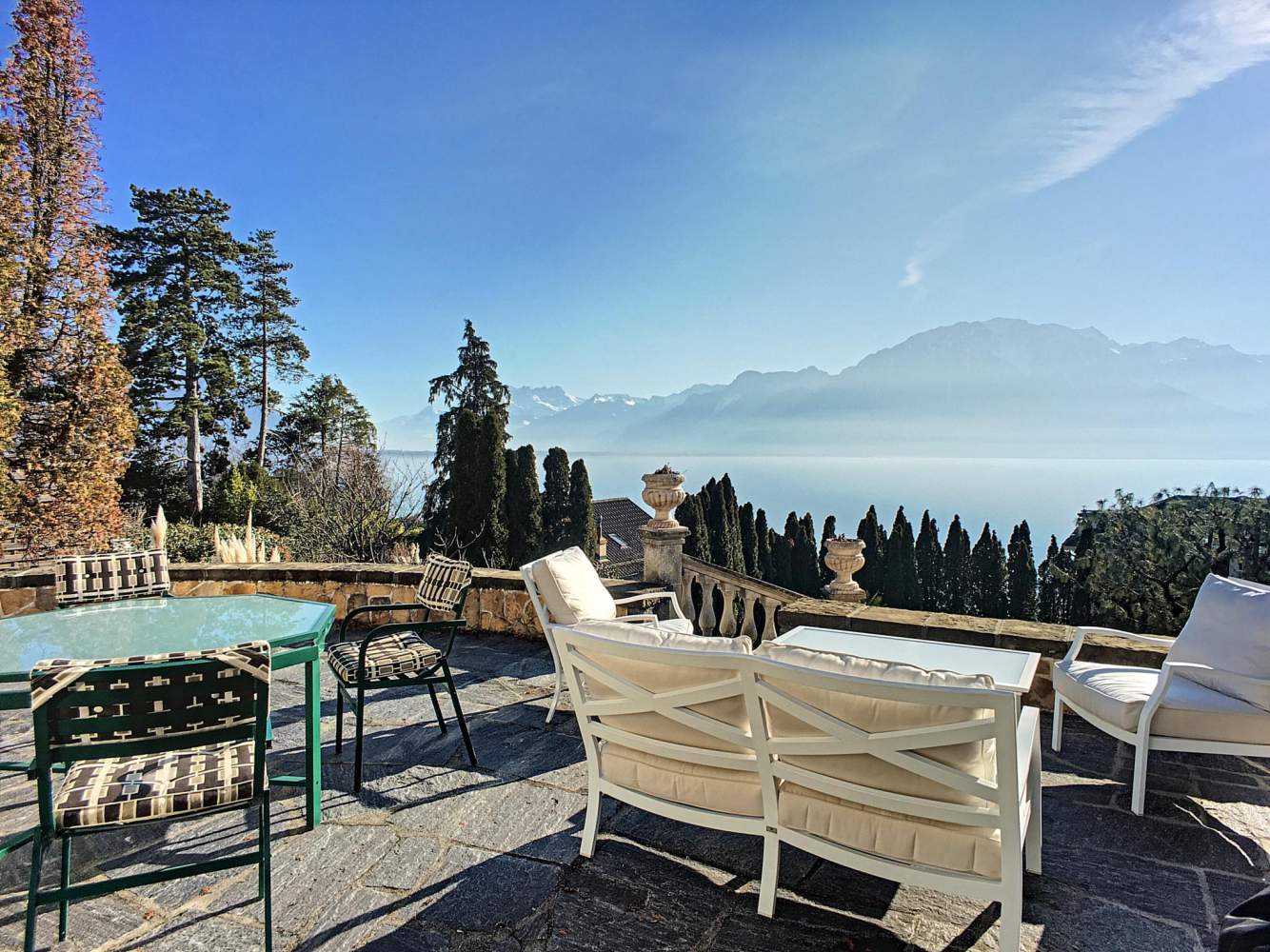
Lake Geneva is spirit stirring ... The muted, independent, almost perfect landscapes of Montreux and the surroundings, as if created to be the right decoration, but not the main feature. All these, without drawing attention to themselves, inure to the benefit of a man modestly, revealing a man’s resources, giving a man the feeling of freedom.
Young Lev Tolstoy also felt the healing power of the landscapes during his European journey of 1857. “I lived in Clarens for two months, but whenever I ... opened the window shutters ... and looked at the lake and at the green mountains and at the blue remote ones reflected in it, the beauty blinded me and instantly acted on me, with the power of something unexpected. Immediately, I wanted to love, I even felt love for myself, and regretted the past, hoped for the future, and I began to feel happy ...” Tolstoy walked around these places a lot, went hiking and spending the night in inns, and he could not escape the creative impulse that Switzerland is giving to everyone - he set to work there on his "Travel Notes about Switzerland". And although he himself remained unpleased with the text, the notes entered his large body of work and are read today as a wonderful travel blog.
Tyutchev, Turgenev, Bunin, Merezhkovsky, Dostoevsky (“in the most magnificent ballet, there is no such scenery as this shore of Lake Geneva ...”), Berdyayev, Pavel Milyukov, a friend of Nabokov’s father, Bely, Andreyev, Gorky ... Many of them tried their best to describe the beauty of Switzerland - with varying success. But the main thing is that each of the writers has something to be proud of, what was inspired by the local ‘scenery’.
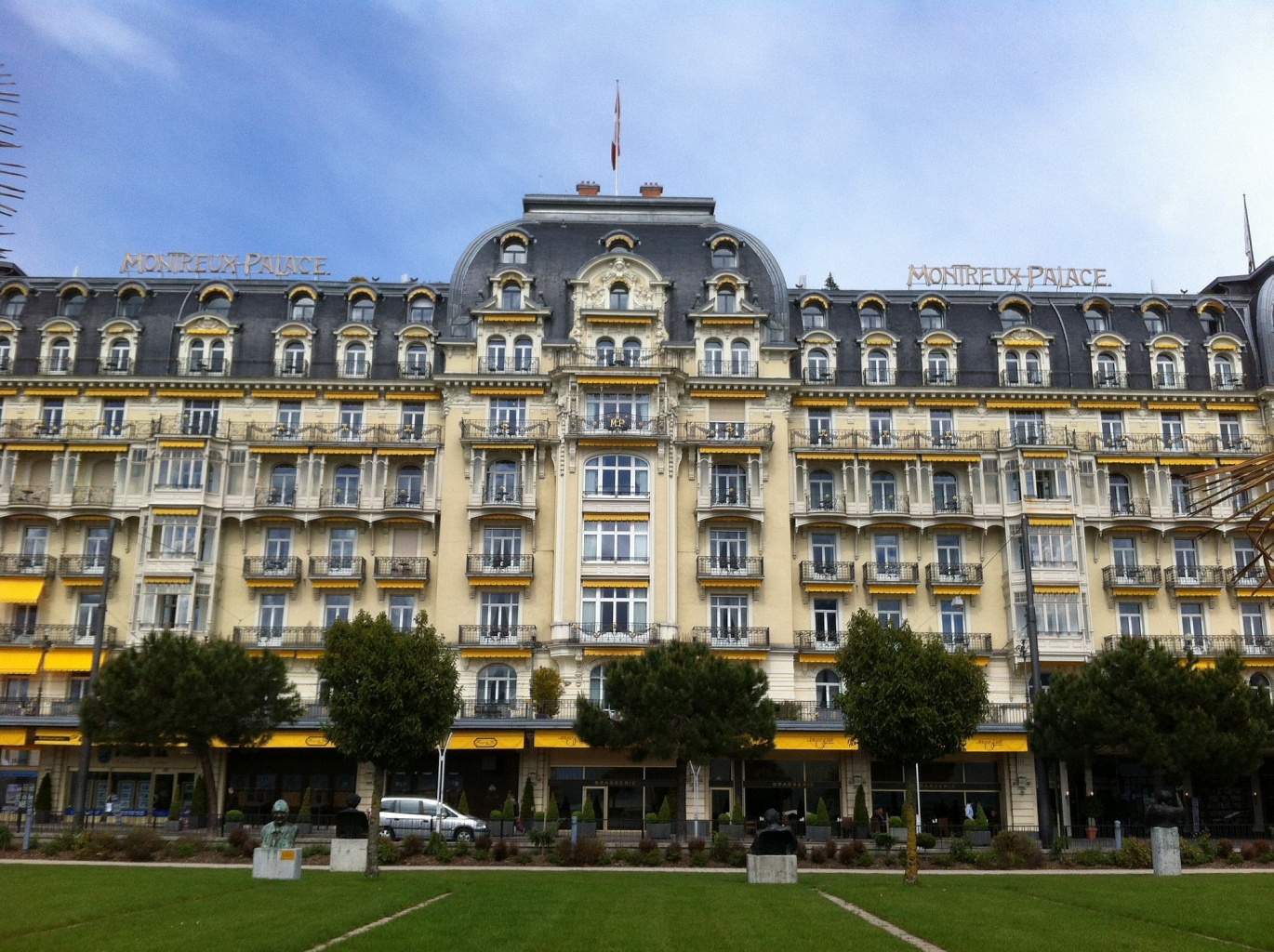
However, Vladimir Nabokov did not write a single word about the beauty of Montreux. Today, despite the entire list of our celebrities in Switzerland, this is the most famous historical myth of Montreux - primarily due to his worldwide fame. For sixteen years, his wife Vera and he have lived in the 8-room apartment of the luxury ‘Palace’ Hotel. By the way, in Montreux any hotel is luxury, and today, if you were able to get into this room - named ‘Nabokov’ - you would be surprised at their humble apartment. By the way, getting into the rooms is now possible, but difficult as they are in great demand, although they are expensive, and their apartment was divided into several small rooms. And the hotel halls, apparently, reminded the author of ‘Lolita’ the halls in St. Petersburg, where his ‘only house’ remained - with high ceilings, space, splendor, candelabra for 10 electric candles ... But hush! Mind what you are saying! Nabokov-Sirin could not stand such comparisons (especially doing it for him!) - this is just ‘hopeless approximateness’ ...
... In Montreux, Vladimir Nabokov finished his Commentary accompanying his translation of A. Pushkin's ‘Eugene Onegin’, and also began the last novel ‘The Original of Laura’, he wrote ‘Ada, or the Ardor: A Family Chronicle’, ‘Pale Fire’ and much more ...
In the case of Montreux, it is clear that any comparison is far from perfect. But having been here at least once, it is very difficult to part with this city and be in time for train No. 90 that runs to Geneva exactly for 59 minutes.

